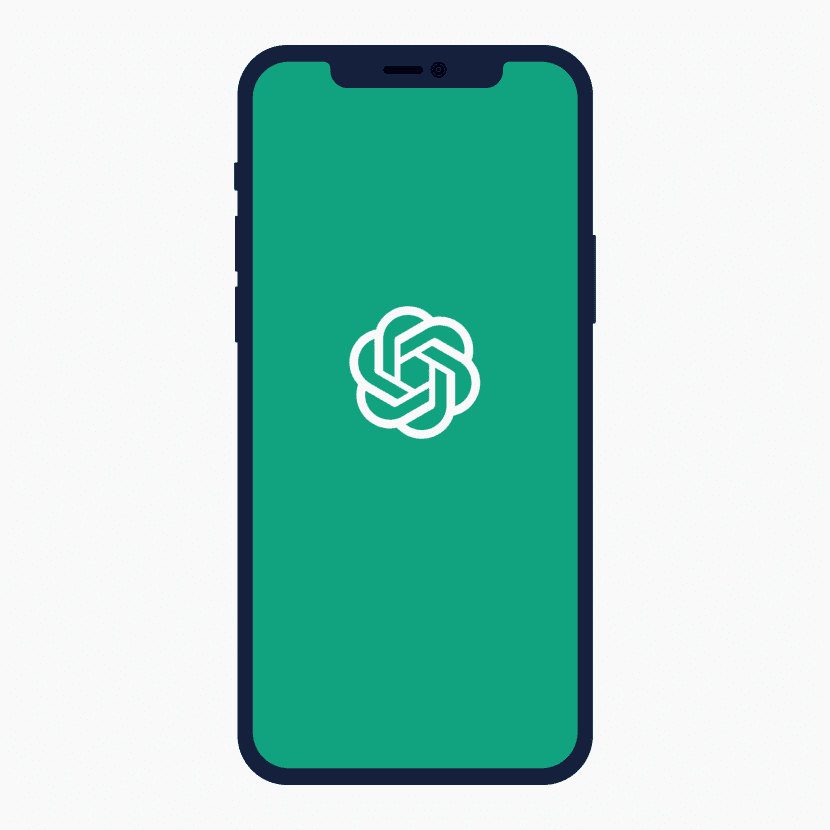
Why OpenAI Geoblocked ChatGPT in Italy
ChatGPT is an artificial intelligence (AI) chatbot developed by OpenAI. ChatGPT is a versatile tool that can be used in many ways to enhance your productivity and learning. Whether you're looking for quick answers to trivia questions or in-depth explanations of complex concepts, ChatGPT can be your go-to source for information.
Artificial intelligence is now almost the most popular tool. With more than 100 million people using it, more and more people are learning about it. As a result, ChatGPT's capabilities are growing, but so are the concerns of both its users and technology experts.
On 31 March, Italy's data protection authority ordered OpenAI to stop processing people's data locally immediately. Italian authority cited a lack of a system to prevent minors from accessing the tech and concerns that the company has unlawfully processed people's data – breaching the EU's General Data Protection Regulation (GDPR). Since OpenAI does not have a legal entity in the EU, any data protection authority can intervene under the GDPR if it sees risks to local users.
Is ChatGPT Blocked In Italy
The short answer – is yes.
OpenAI has issued a statement online informing users with an Italian IP address that they cannot access ChatGPT. The report expresses regret for the inconvenience caused and states that the decision was made in response to a request from the Garante, Italy's data protection authority.
In addition to the Italy ChatGPT restriction, Elon Musk and several public figures recently signed an open letter that recently went viral, calling for a six-month pause in learning language models more potent than GPT-4, the technology underlying ChatGPT.

How was ChatGPT banned in Italy
At the moment, OpenAI applies simple geo-blocking - this means that using a VPN to switch to a non-Italian IP address offers a simple workaround for blocking. Although, if the ChatGPT account was originally registered in Italy, it might no longer be available. Users who want to bypass the blocking may have to create a new account using a non-Italian IP address.
What is a VPN
A Virtual Private Network (VPN) is a secure network connection that allows users to access the internet or private networks from remote locations. It provides privacy and security by encrypting the internet connection and creating a secure tunnel between the user's device and the VPN server.
When you use a VPN, your internet traffic is routed through the VPN server, which acts as an intermediary between your device and the internet. This means that your IP address, your unique identifier on the internet, is hidden from websites and online services you access. Instead, the VPN server's IP address is displayed, making it difficult for anyone to trace your online activities to your device.
In addition to online privacy and security, VPNs are commonly used to bypass internet censorship and geo-restrictions. For example, many countries and organizations restrict access to specific websites and online services based on geographic location. Users can connect to servers in different places and access these restricted websites and services using a VPN.
How to Access ChatGPT Using VPN
Unblocking ChatGPT with a VPN service is as easy as it gets. Not only that, but there are also other benefits to using ChatGPT with a VPN app, such as absolute security, privacy, and anonymity.
Download VPN service.
Choose any server with the location where ChatGPT is available.
Connect to a chosen server and access ChatGPT.
Is VPN Secure and Effective In Bypassing Geo-restrictions
The answer is - it depends on the VPN service you use. Not all VPNs are created equal; some may offer better security and privacy features than others. Here are some things to consider when choosing a VPN:
- Security Features: Look for a VPN with strong encryption and security protocols to protect your online activity from prying eyes. Some VPNs may offer additional security features, such as a Kill Switch that automatically disconnects you from the internet if the VPN connection drops.
- Privacy Policy: Ensure the VPN service has a strict No-log Policy, which means they don't collect or store any data about your online activity. You should also look for a VPN service located in a privacy-friendly country that operates under strict data protection laws.
- Server Locations: The number of server locations and countries available can affect the effectiveness of a VPN in bypassing geo-restrictions. Look for a VPN that offers many server locations in countries where the content you want to access is available.
- Speed: VPNs can slow down your internet connection, so choosing a VPN with fast connection speeds and minimal latency is essential.
Conclusion
This incident highlights broader concerns around the use of AI and the need for appropriate regulation. While AI has enormous potential to drive innovation and improve our lives in countless ways, it poses significant risks if not properly managed. For example, there are concerns about bias and discrimination in AI systems and AI's potential to automate harmful or unethical practices. As AI systems become more powerful and widely used, we must have appropriate safeguards to protect against potential harm.
This includes regulations around collecting and processing personal data and regulations around the development and deployment of AI more broadly.